Depression: chemical imbalance theory ‘not grounded in science’
Scientific review questions long-assumed link between serotonin and low mood

A free daily email with the biggest news stories of the day – and the best features from TheWeek.com
You are now subscribed
Your newsletter sign-up was successful
A scientific review has concluded that depression is not caused by chemical imbalances in the brain, and may be more closely linked to stressful life events.
The review, conducted by University College London and published in the Molecular Psychiatry journal, examined the “serotonin theory of depression”, an “influential” and long-held belief that lower serotonin levels may make an individual more likely to experience depression.
A link between serotonin levels and depression was first put forward in the 1960s, and antidepressant use has increased since the 1990s with the development of Selective Serotonin Reuptake Inhibitor antidepressants. One in six adults in England are currently prescribed antidepressants, many of which help to adjust serotonin levels.
The Week
Escape your echo chamber. Get the facts behind the news, plus analysis from multiple perspectives.

Sign up for The Week's Free Newsletters
From our morning news briefing to a weekly Good News Newsletter, get the best of The Week delivered directly to your inbox.
From our morning news briefing to a weekly Good News Newsletter, get the best of The Week delivered directly to your inbox.
“Many people take antidepressants because they have been led to believe their depression has a biochemical cause, but this research suggests this belief is not grounded in evidence,” said Professor Joanna Moncrieff, the study’s lead author.
The authors examined studies into the chemical’s impact on depression, including studies where participants’ serotonin levels were artificially lowered through dietary methods. In both cases, a link could not be established.
However, stressful life events were found to have a strong correlation to an individual’s risk becoming depressed. Some evidence also indicated that believing low mood relates to a chemical imbalance leads people to have “a pessimistic outlook on the likelihood of recovery, and the possibility of managing moods without medical help”, said The Telegraph.
Antidepressants “can work”, said the newspaper, but the researchers concluded it must be through a “different route”. They advised that doctors should not tell patients that depression is caused by a chemical imbalance, but experts have stressed that patients should continue taking their prescribed medication.
A free daily email with the biggest news stories of the day – and the best features from TheWeek.com
Julia O'Driscoll is the engagement editor. She covers UK and world news, as well as writing lifestyle and travel features. She regularly appears on “The Week Unwrapped” podcast, and hosted The Week's short-form documentary podcast, “The Overview”. Julia was previously the content and social media editor at sustainability consultancy Eco-Age, where she interviewed prominent voices in sustainable fashion and climate movements. She has a master's in liberal arts from Bristol University, and spent a year studying at Charles University in Prague.
-
 ‘Restaurateurs have become millionaires’
‘Restaurateurs have become millionaires’Instant Opinion Opinion, comment and editorials of the day
-
 Earth is rapidly approaching a ‘hothouse’ trajectory of warming
Earth is rapidly approaching a ‘hothouse’ trajectory of warmingThe explainer It may become impossible to fix
-
 Health insurance: Premiums soar as ACA subsidies end
Health insurance: Premiums soar as ACA subsidies endFeature 1.4 million people have dropped coverage
-
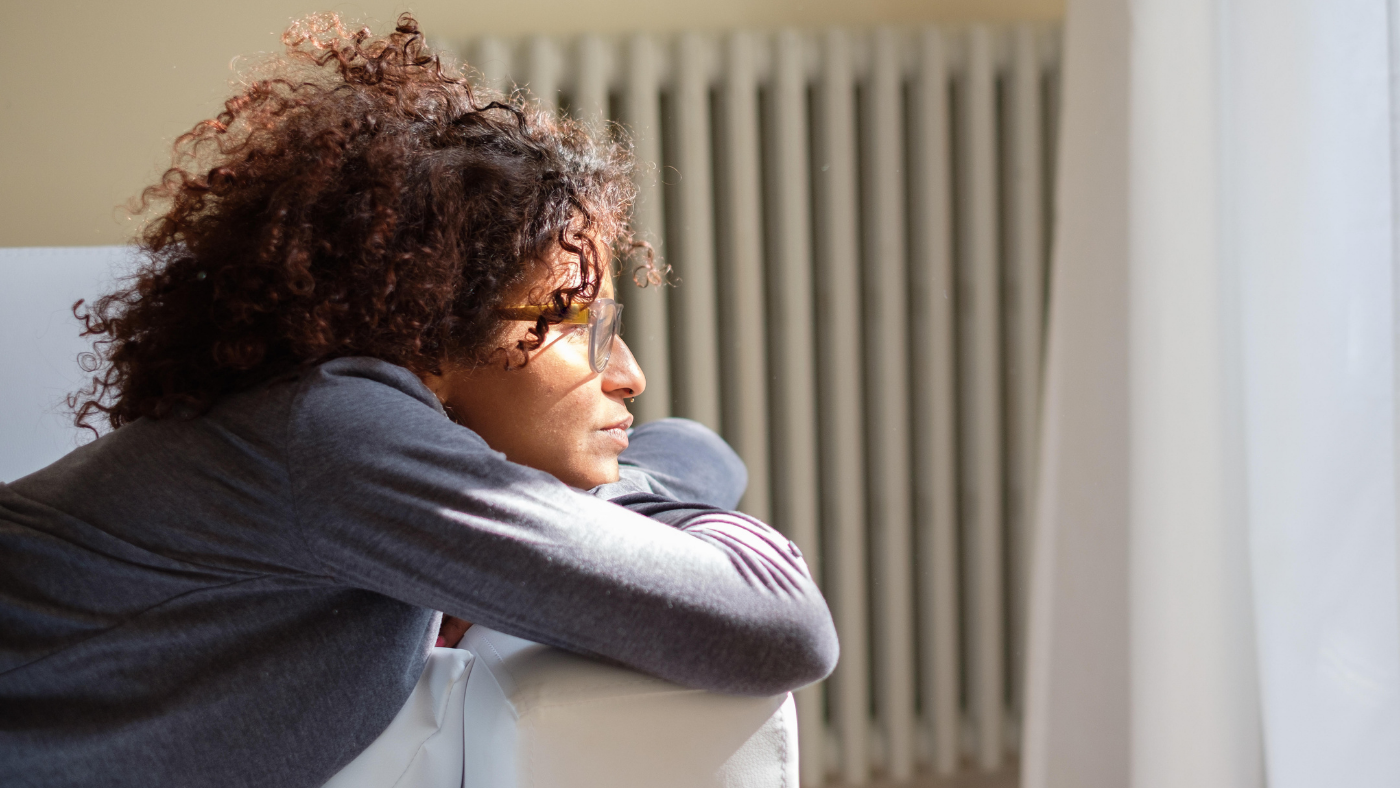 ‘Let’s kick Blue Monday to the kerb in 2022’
‘Let’s kick Blue Monday to the kerb in 2022’Instant Opinion Your digest of analysis from the British and international press
-
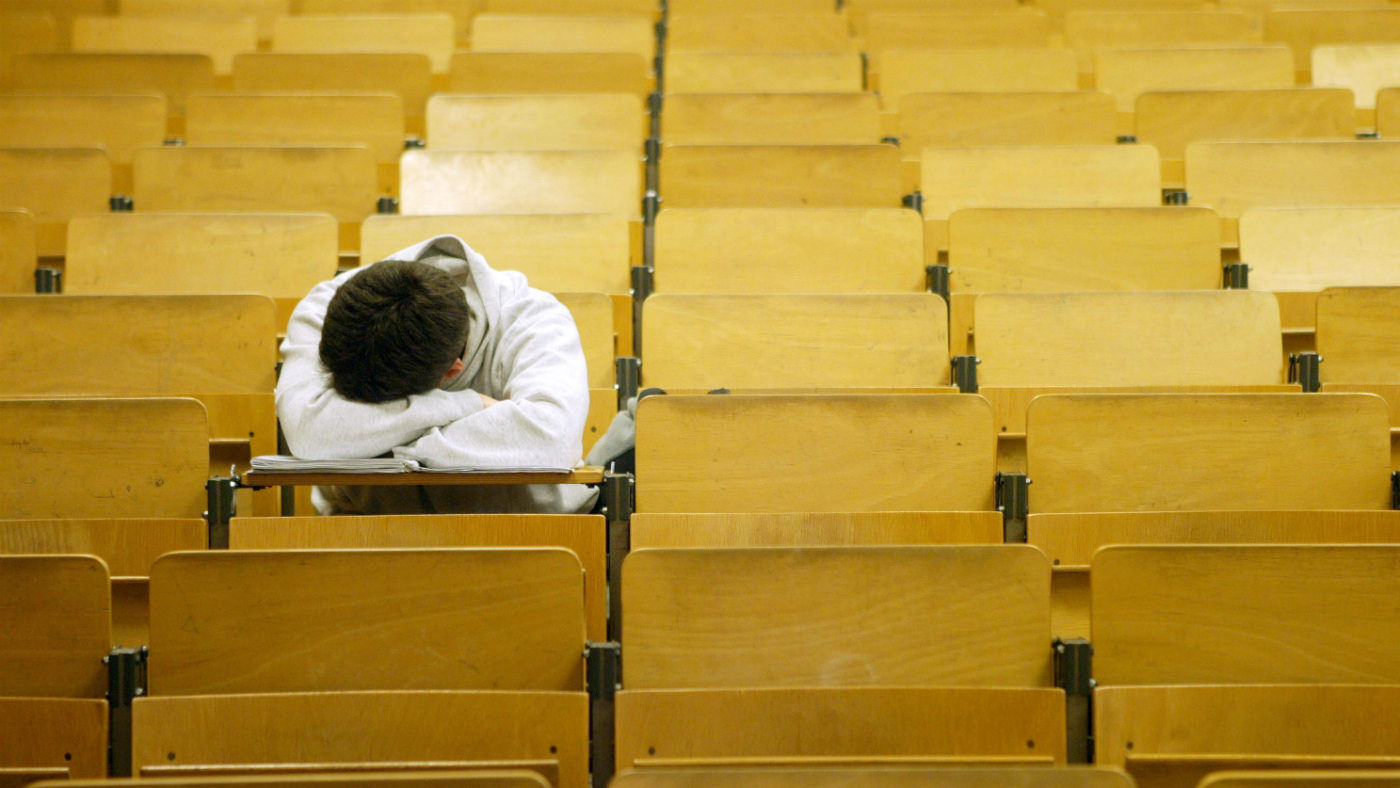 Body clock disruption linked to depression
Body clock disruption linked to depressionSpeed Read New study finds irregular circadian rhythms may lead to mood disorders
-
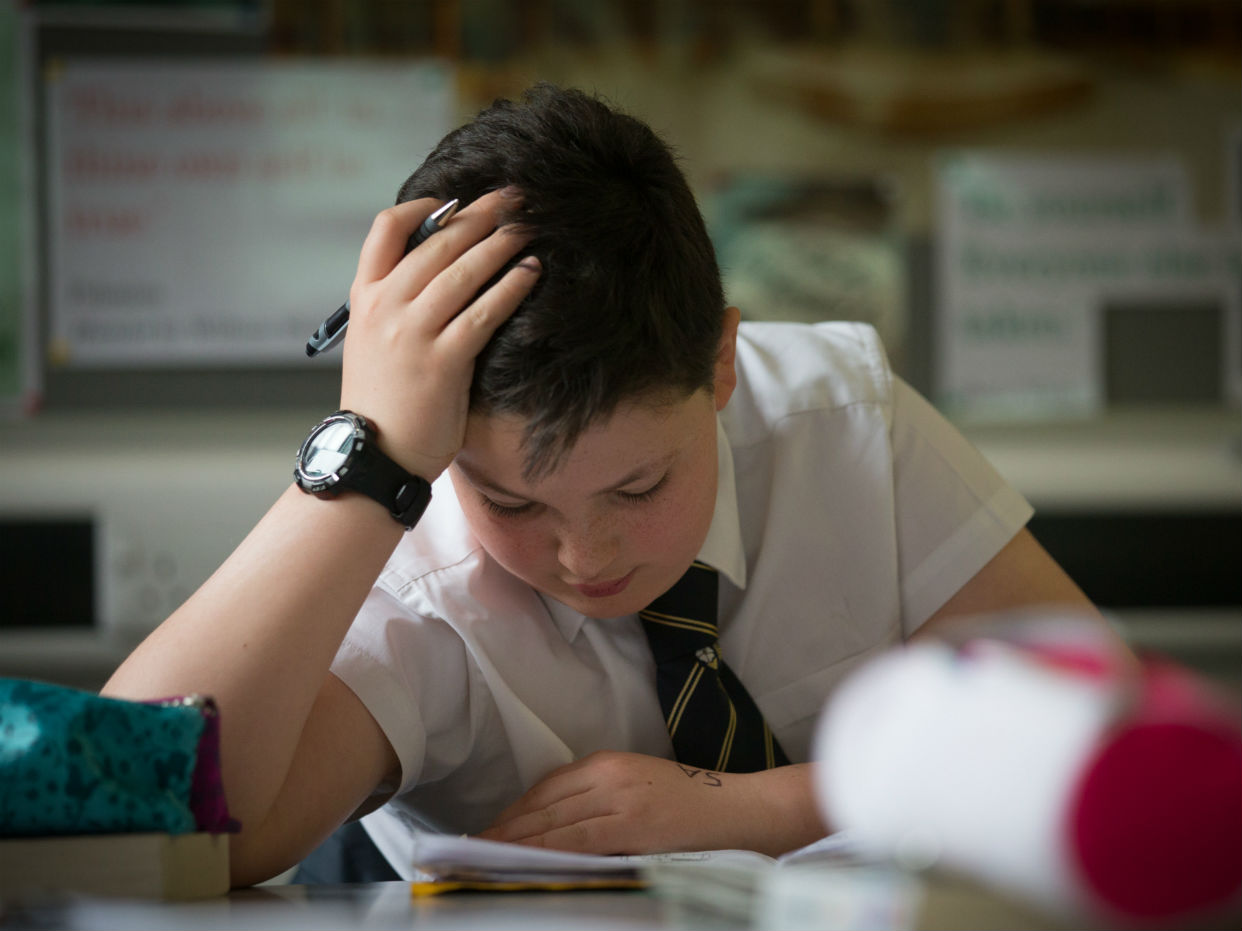 Record number of UK children reporting suicidal thoughts
Record number of UK children reporting suicidal thoughtsSpeed Read Report shows NSPCC provided 62 counselling sessions a day for desperate kids and teenagers last year
-
 What are the signs of depression and can it be treated?
What are the signs of depression and can it be treated?In Depth Stigmas around mental health are changing, but talking about it can still be taboo
-
 AI teenage schoolgirl slips into deep depression
AI teenage schoolgirl slips into deep depressionSpeed Read Japanese engineers work to help suicidal bot blogger - and other tall tales
-
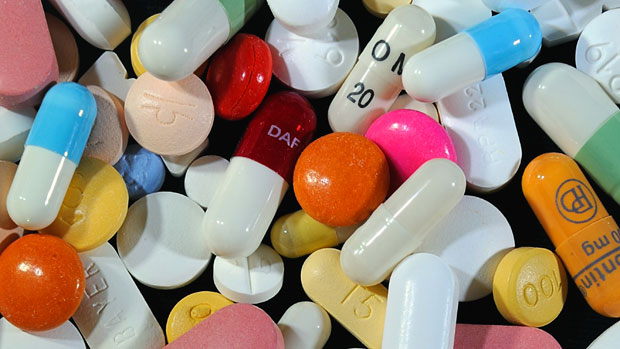 Antidepressants 'can raise risk of suicide in under-18s'
Antidepressants 'can raise risk of suicide in under-18s'Speed Read Drugs firms accused of failing to report side effects, and even deaths, related to medication
-
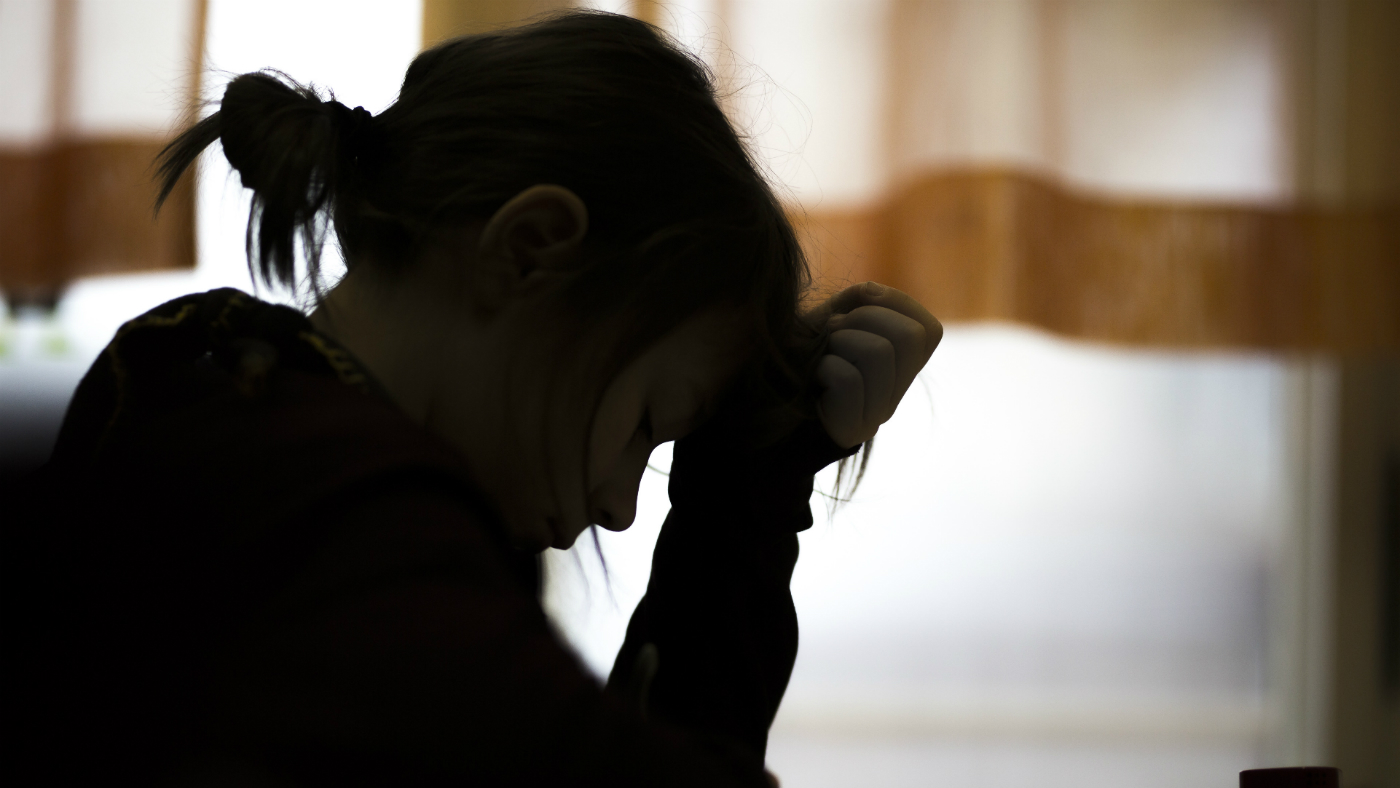 Blue Monday: is today really the most depressing day of the year?
Blue Monday: is today really the most depressing day of the year?In Depth Popular belief identifies third Monday in January as the saddest date on the calendar